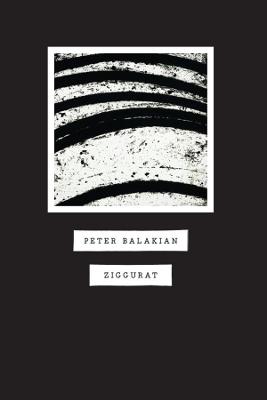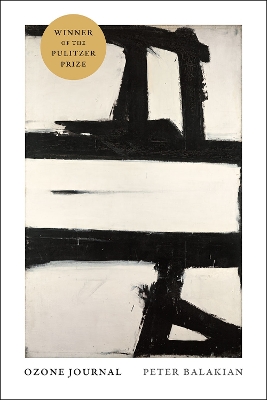Phoenix Poets (CHUP)
2 total works
"Warhol/Electric Chair/'63": The red spreads like Christmas wrapping - the green, a field in a Caucasian rug. It's almost beautiful without the metal plates for the head (though the plug on the floor is visible). Before decorator colors & Hockney, Calvin Klein in the summery Hamptons, before there were - switches to break the flow my mother used to say never touch a radio when you're in the bathtub, never fly a kite near transmission lines. But still, it's furniture still, it's a typical American way to go - it's Sing Sing, the silhouette of Ethel Rosenberg. In the rheostatic air, the absent man heard "She Loves You", the British invasion and the flat line arrived at once. Outside Negroes were eaten by dogs. Johnson was sworn in. Cuba turned red in the green sea. In his first book of poems since his highly acclaimed "June-tree", Peter Balakian continues to define himself as one of the most distinctive voices of his generation. Exploring history, self, and imagination, as well as his ongoing concerns with catastrophe and trauma, many of Balakian's new poems wrestle with the aftermath and reverberations of 9/11.
Whether reliving the building of the World Trade Towers in the inventive forty-three-section poem that anchors the book, walking the ruins of the Bosnian National Library in Sarajevo, meditating on Andy Warhol's silk screens, or considering the confluence of music, language, and memory, Balakian continues his meditations on history, as well as on the harshness and beauty of contemporary life, that his readers have enjoyed over the years. In sensual, layered, and sometimes elliptical language, Balakian in "Ziggurat" explores absence, war, love, and art in a new age of American uncertainty.
Whether reliving the building of the World Trade Towers in the inventive forty-three-section poem that anchors the book, walking the ruins of the Bosnian National Library in Sarajevo, meditating on Andy Warhol's silk screens, or considering the confluence of music, language, and memory, Balakian continues his meditations on history, as well as on the harshness and beauty of contemporary life, that his readers have enjoyed over the years. In sensual, layered, and sometimes elliptical language, Balakian in "Ziggurat" explores absence, war, love, and art in a new age of American uncertainty.
From Ozone Journal. Bach's cantata in B-flat minor in the cassette, we lounged under the greenhouse - sky, the UVBs hacking at the acids and oxides and then I could hear the difference between an oboe and a bassoon at the river's edge under cover-trees breathed in our respiration; there was something on the other side of the river, something both of us were itching toward - radical bonds were broken, history became science. We were never the same. The title poem of Peter Balakian's Ozone Journal is a sequence of fifty-four short sections, each a poem in itself, recounting the speaker's memory of excavating the bones of Armenian genocide victims in the Syrian desert with a crew of television journalists in 2009. These memories spark others-the dissolution of his marriage, his life as a young single parent in Manhattan in the nineties, visits and conversations with a cousin dying of AIDS-creating a montage that has the feel of history as lived experience. Bookending this sequence are shorter lyrics that span times and locations, from Nairobi to the Native American villages of New Mexico.
In the dynamic, sensual language of these poems, we are reminded that the history of atrocity, trauma, and forgetting is both global and ancient; but we are reminded, too, of the beauty and richness of culture and the resilience of love.
In the dynamic, sensual language of these poems, we are reminded that the history of atrocity, trauma, and forgetting is both global and ancient; but we are reminded, too, of the beauty and richness of culture and the resilience of love.

